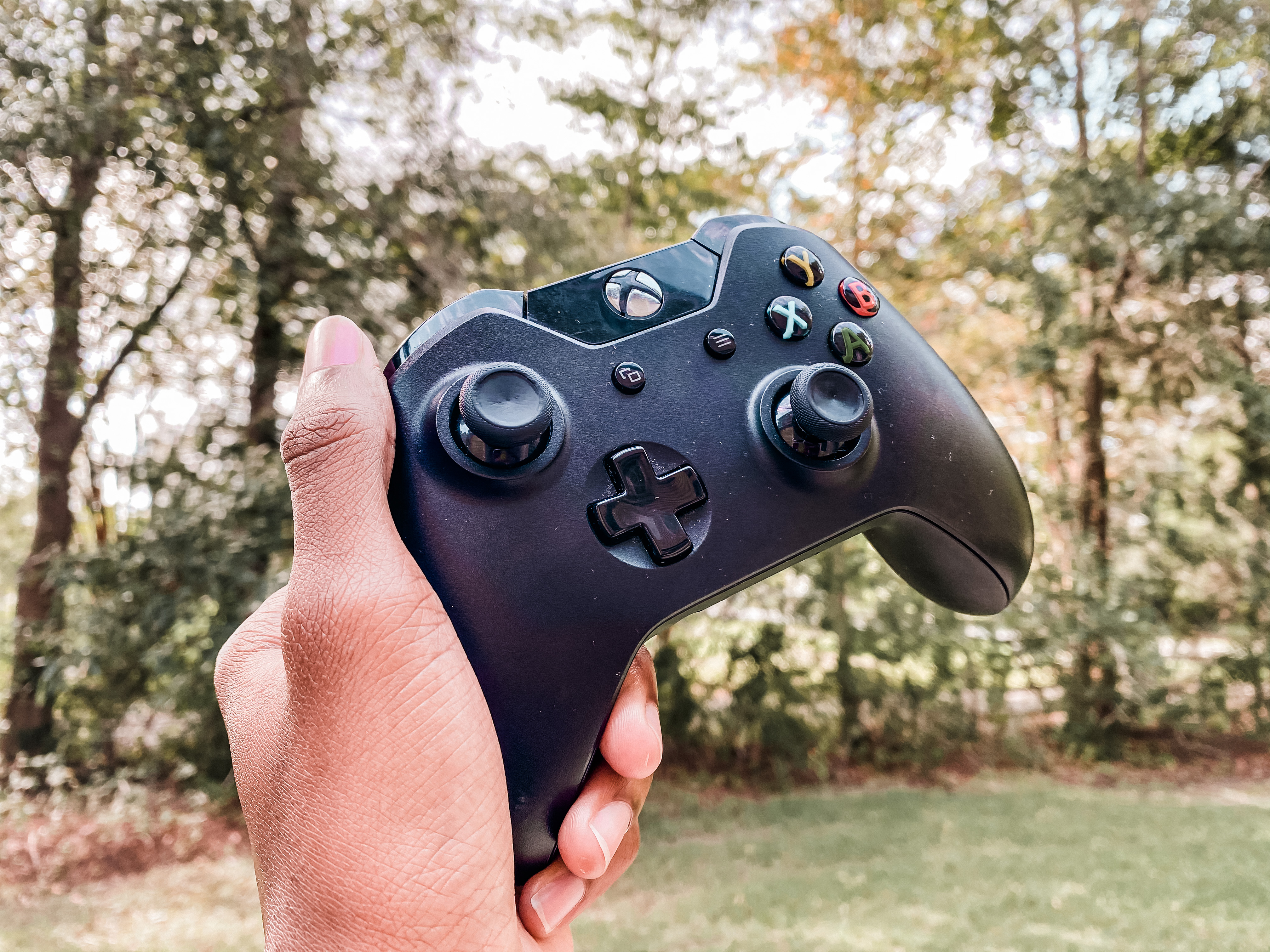Many politicians claim that violent video games, not a lack of gun restrictions, lead to mass shootings and crime among young people.
Although video games contribute to the psychological state of young people and can attract teens to guns, the most obvious cause of mass shootings is access to guns.
ABC News reported on a study about the connection between racial bias and video games which says, “when such an act of violence is carried out by a racial minority, individuals may not feel compelled to seek an external explanation because the race of the perpetrator fits their stereotype of what a violent criminal looks like.”
From the lack of solid data and evidence, video games seem to be an excuse that many fall back on when they want to avoid talking about gun laws as well as because of racial bias and stereotypes.
Yet, is it still reasonable to suggest that constant video game playing can lead to an altered state of mind? It isn’t just violent video games that can have a psychological impact on children and young people.
The early 2000’s game The Sims had a way of shaping the way people view others, along with life in general. As children played The Sims, they built the houses they wanted, along with their Sims characters’ social lives.
Now adults, many of them have come to realize that their homes, relationships and lives have been the opposite of what they expected. According to The Guardian, “The Resolution Foundation, a housing think tank, reported in 2018 that up to a third of millennials will rent for their whole lives.” Although millennials are the largest generation, they are also considered the poorest and farthest in-debt than those before them.
This is not to say that video games take precedence over gun laws when it comes to the cause of mass shootings. After all, even if an individual was negatively impacted by violent video games, there would undoubtedly be fewer cases of these horrific tragedies if it was more difficult for that person to possess a gun.
For those who are already in a more vulnerable state of mind, however, and are already fascinated by violence, video games only add to the psychological problems and outward behavior.
“‘Die, die, die,’ the Parkland school shooter wrote in a story for language arts class in middle school. His explanation: It was a line from his “Call of Duty” warfare video game booklet,” Megan O’Matz wrote in an article for the Sun-Sentinel.
This subject of gun rights may be difficult for Americans because America is a democracy in which there are many freedoms, but a fine line exists that is important to balance on like a tightrope. To make matters more unclear, it is still somewhat subjective and difficult to gather solid data in regards to whether or not video games are actual causes of mass shootings.
Still, a reasonable assumption to make might be that if a more extensive procedure existed for those purchasing guns with the accompaniment of regulations or standards that might be in place for parents who have children and guns in the same house, the country would surely see a decrease.
However, whether it is an excessive intake of video games (violent or not), movies, television, YouTube, TikTok or any social media platform, screen time makes a huge impact on people of all ages, but especially children, teens and young adults. After spending hours consumed by anything, we as humans tend to view life and other people in that way, just as if we are using a filter on Snapchat or Instagram.
It can be incredibly easy to view everything else through that same lens that we see via our screens, so it’s important to be aware of how our minds are impacted after those hours of viewing that feel like minutes. Balance is truly necessary, so take time to be fully present. Go outside and stop to smell the roses…literally.
Photo by Tate Walden




